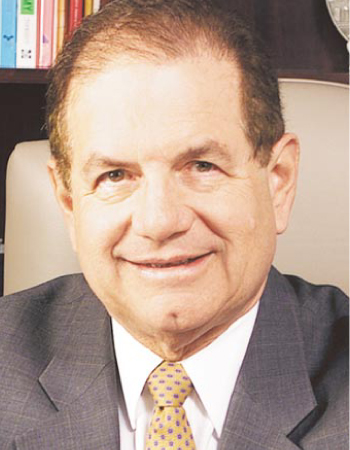Orbach Named to DOE Science
DOI: 10.1063/1.2408451
Physicist Raymond Orbach, chancellor of the University of California, Riverside (UCR), is President Bush’s choice to succeed Millie Dresselhaus as director of the Department of Energy’s Office of Science. Orbach, who holds a PhD in physics from UC Berkeley, is expected to assume the post in February, after confirmation by the Senate.
“This is an opportunity to serve our president and country,” Orbach said in a message to the faculty and students at UCR. “And it is an invitation that comes but once in a lifetime.” In a statement following his nomination, Orbach said, “I am committed with all of my heart to [President Bush’s] aggressive program furthering the nation’s scientific endeavors.” Prior to becoming chancellor at UCR in 1992, Orbach spent 10 years as provost of UCLA’s College of Letters and Science. In the early 1960s, he was an assistant professor of applied physics at Harvard University and an NSF postdoctoral fellow at Oxford University.
The Office of Science, with a fiscal year 2001 budget of $3.2 billion, funds programs in high-energy and nuclear physics, basic energy sciences, magnetic-fusion energy, biological and environmental research, and computational science. The office is the third largest federal sponsor of basic research and is responsible for ten DOE civilian research laboratories. Physicist James Decker, who has been with the office since 1985, has served as interim director since Bush was inaugurated.

ORBACH
UC-RIVERSIDE





